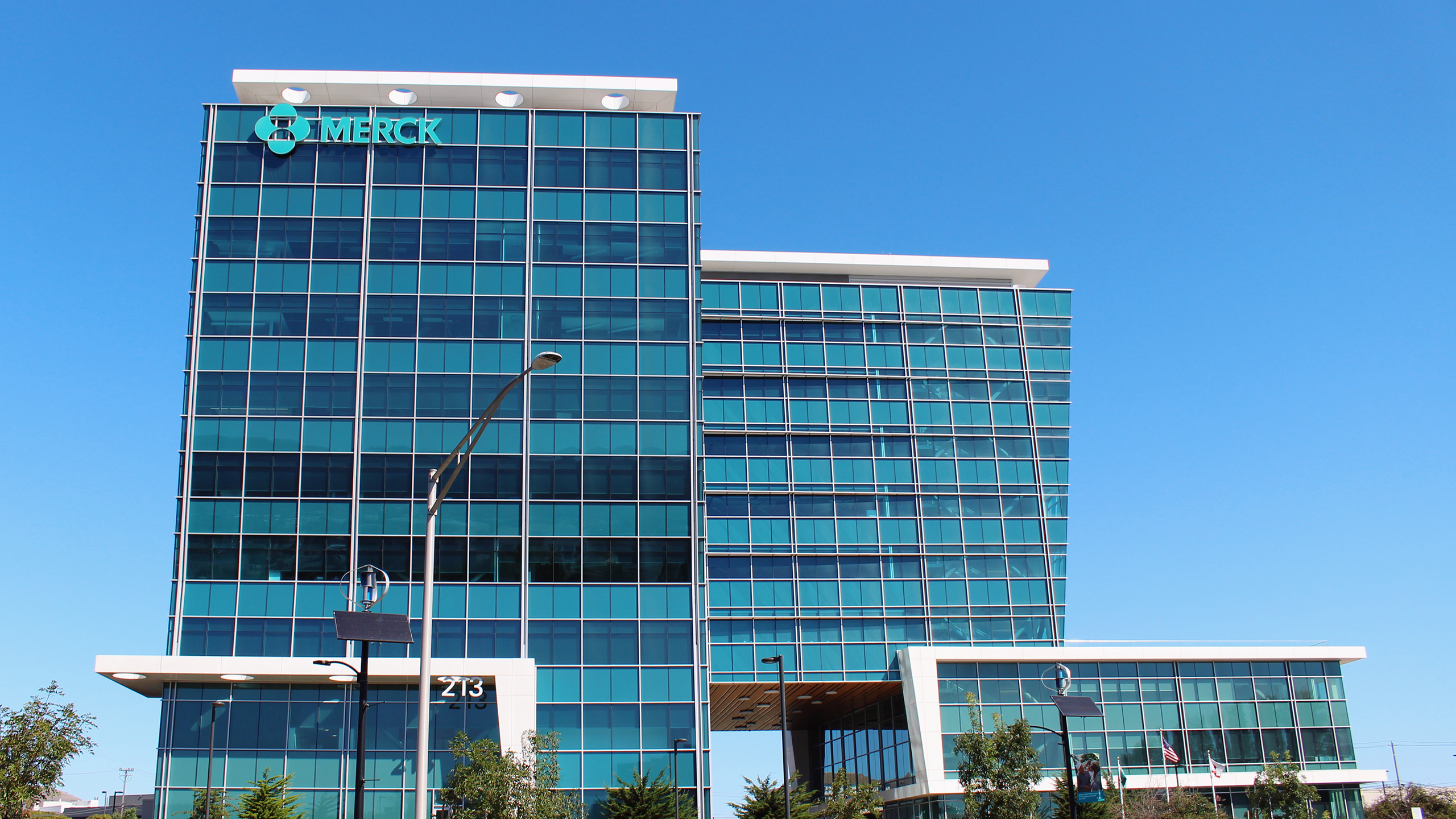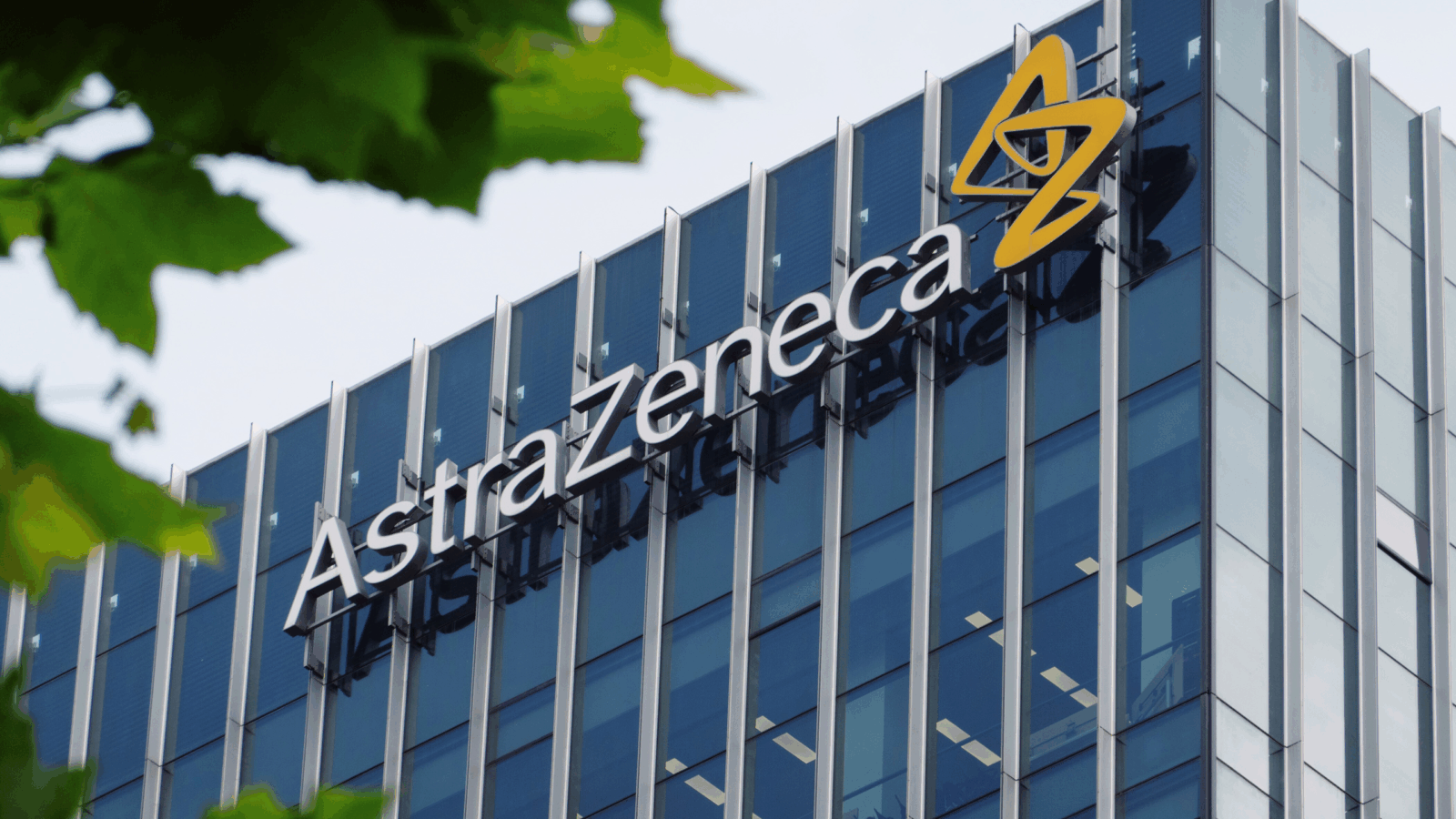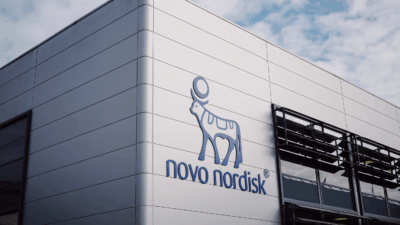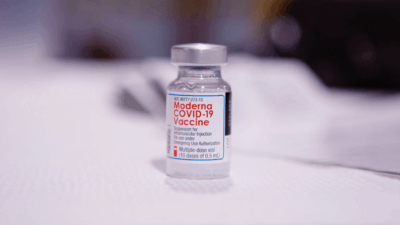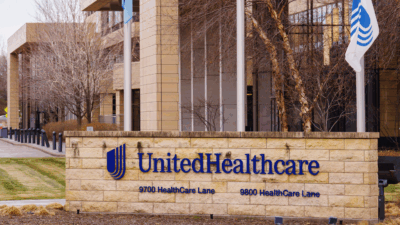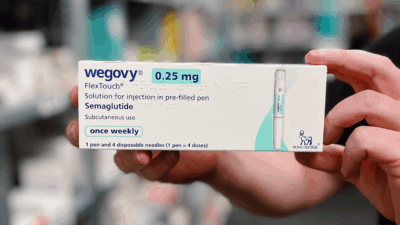Merck Cautiously Enters GLP-1 Fray Via Licensing Deal With Chinese Drugmaker
By licensing a drug from Hansoh, Merck signaled that it isn’t prepared to fully challenge its rivals’ dominance in the GLP-1 space.
Sign up for smart news, insights, and analysis on the biggest financial stories of the day.
In normal slang, to get merked is a bad thing. In biotech, getting Mercked is a good thing.
New Jersey-headquartered pharma giant Merck announced Wednesday that it will license a GLP-1 pill for treating obesity from Chinese drugmaker Hansoh — whose luck is a blow to investors who placed bets on a much splashier acquisition.
Weighing Their Options
Merck rivals Eli Lilly and Novo Nordisk have so far dominated the GLP-1 weight-loss market with Zepbound and Ozempic, respectively. In the meantime, Merck has continued to reap dividends from its blockbuster cancer drug Keytruda, which brought in $7.4 billion in third-quarter revenue, a 17% year-over-year increase.
But Keytruda’s patent is up in 2028, leaving Merck in search of revenue sources amid heated speculation that it might enter the GLP-1 fray via acquisition. Zepbound brought in $1.3 billion for Eli Lilly in the third quarter and Ozempic earned $2.5 billion for Novo in its equivalent reporting period. The largesse is only expected to grow with wider adoption of GLP-1s to treat obesity in the next decade.
But by licensing a drug from Hansoh, rather than ponying up billions for a full-blown entry into the ring via M&A, Merck signaled that — at least for now — it isn’t prepared to go large and challenge its rivals’ dominance in the GLP-1 space. That left potential acquisition targets slenderized Wednesday:
- Shares in Viking Therapeutics, an oral and injectable weight loss drug developer seen by some as a potential acquisition target for Merck, fell 18% on Wednesday — the company counts 41 hedge funds among its shareholders, according to an analysis by Insider Monkey. Structure Therapeutics, another weight loss pill developer and potential M&A target, fell 11%.
- Hansoh, meanwhile, will receive $112 million upfront as part of its licensing deal with Merck and can earn up to almost $2 billion in milestone payments to develop its experimental weight loss pill. Merck gets the exclusive rights to develop, manufacture, and commercialize the drug, which will require a catchier name than HS-10535.
All is Not Weight Lost: Other pharma giants are circling entry into the GLP-1 market, in a sign that it’s about to get much more competitive (and a rationale for Merck’s caution). Pfizer and Roche, for example, both have oral GLP-1 treatments in development that could serve as direct competitors to Merck’s global play with Hansoh. Just like any diet, it’s all about results.
